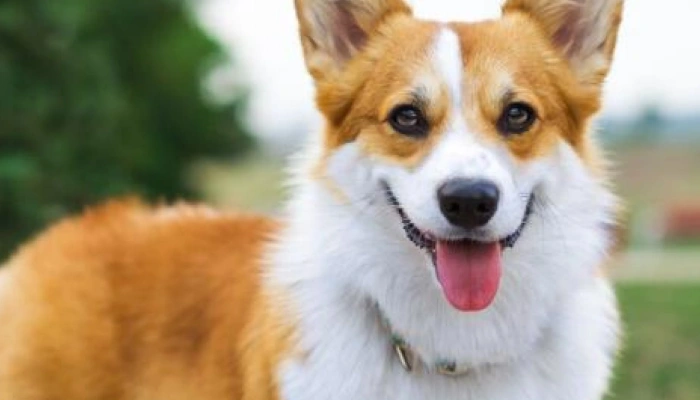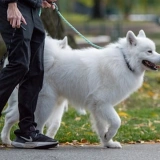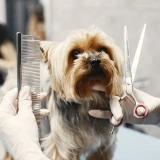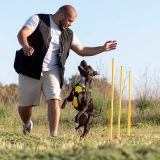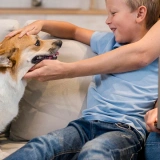Welsh Corgi Pembrokes are energetic and need regular exercise, though their short legs mean long-distance running isn’t ideal. Walks, playtime, and puzzle games are excellent ways to meet their needs. They’re intelligent and love having a job, often excelling in obedience, agility, or herding trials.
Their double coat sheds year-round and more heavily during seasonal changes, so brushing several times a week is recommended. Health concerns include hip dysplasia, degenerative myelopathy, and eye issues. Because of their long back, weight control and limited jumping help avoid spinal stress.

